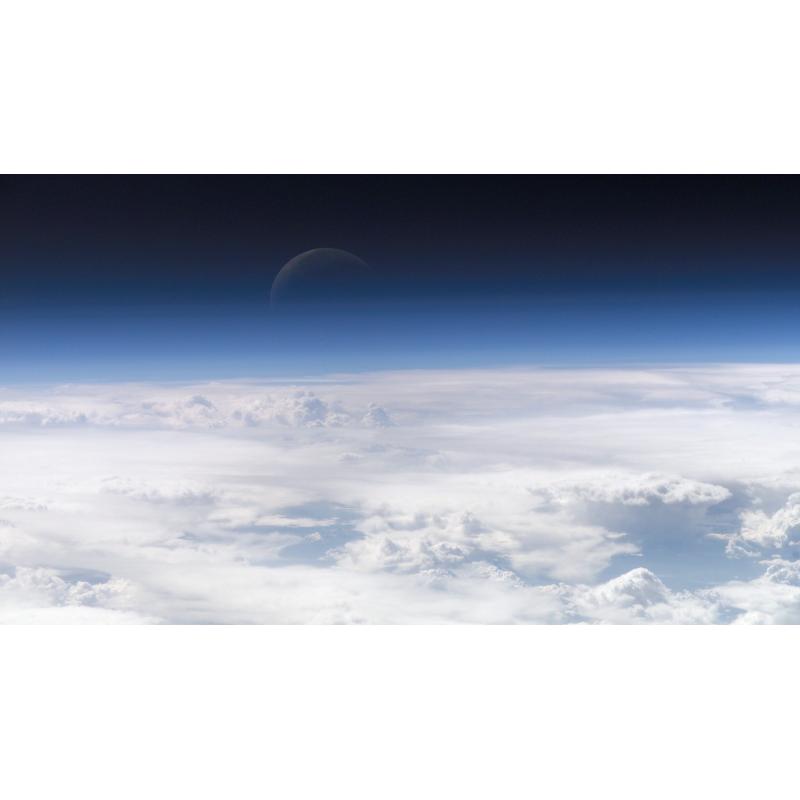
“Let me apologize on behalf of all the Russians who were unable to prevent this conflict,” he said in a statement. Reported by France 24, citing three existing sources. The representatives of the different countries then met in plenary (and virtual) closed to the public, in order to adopt the most recent version of “ Summary for policy makers From the second volume of the new report of the United Nations Panel on Climate Change (IPCC). The latter was released as scheduled Monday morning.
It only took a few hours for at least one Russian politician to attack Anisimov, Stating that “There should be no such people,” and they demand that he “be stripped of all his titles and forgotten.”
Anisimov’s comment This came after the intervention of the Ukrainian delegate, climate scientist Svetlana Krakovska, who linked the invasion of her country to the global challenge of global warming:
Man-made climate change and war in Ukraine have the same roots, fossil fuels, and our dependence on them.
Interviewed by Bloomberg on Tuesdayfrom her residence in Kyiv, Ukraine, is said to be concerned for the safety of her Russian colleague.
Oleg Anisimovresearcher at Saint Petersburg Hydrological Institute, A Arctic climate change specialistincluding its effect on permafrost. He has contributed to previous reports of the Intergovernmental Panel on Climate Change.
IPCC reports are written only by scientists. but the Summary for policy makers It must be approved line by line by the delegations of different countries. That was the purpose of the plenary in question, which spanned the entire past week. this is Summary 40 pages: By comparison, the document he’s referring to is 3600 pages. And this same document is only the second of three volumes of the Sixth Report of the Intergovernmental Panel on Climate Change: as with the previous five editions, first volumeThe one published last August was a case of scientific knowledge, the second published on Monday deals with the effects and adaptation of climate change, and the third, due to be published in May, deals with scenarios for mitigating the damage.
One of the “impacts” analyzed in this report: the population displacement that we can fear and even anticipate due to droughts, heat waves and other climatic disturbances. As such, Ukraine presents an example of a possible worst-case scenario: entire peoples will one day be similarly displaced, due to a military conflict that has erupted in the context of food shortages or water shortages.
The report confirms, with more data than previous versions, that the effects of higher average temperatures It is already being felt about marine life, coral reefs, arctic ice and major fires, among others; It’s not too late To prevent certain impacts on public health and infrastructure; While more than 3 billion people live in areas most vulnerable to future disturbances; The climate crisis is increasingly intertwined with the biodiversity crisis.
at open letter Published on a Russian scientific news website on February 24, the day of the invasion, 650 Russian scientists King denounce war Which they wrote would turn Russia into a “pariah”. The result, they added, would be a “cultural and technological decline” for Russia and a “step into nowhere.” As of March 1The letter had collected more than 5,000 signatures, including 85 members of the Russian Academy of Sciences, an agency of the Russian government.






